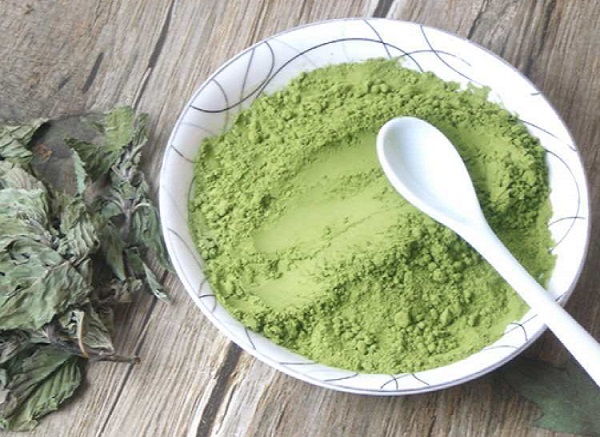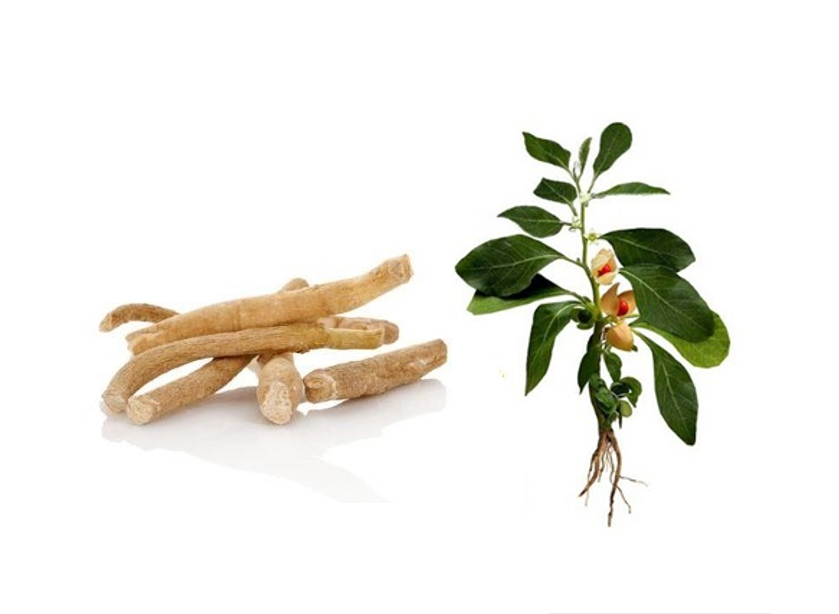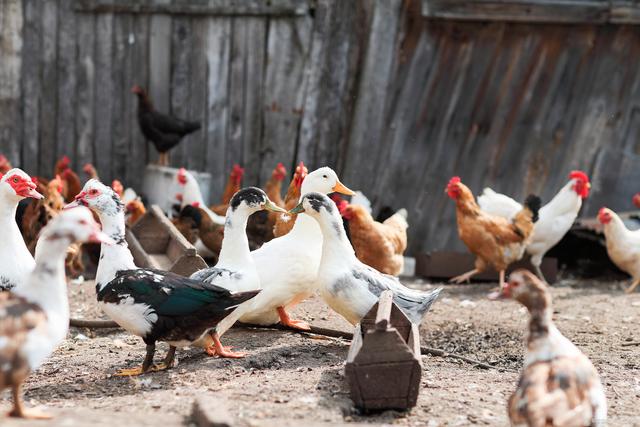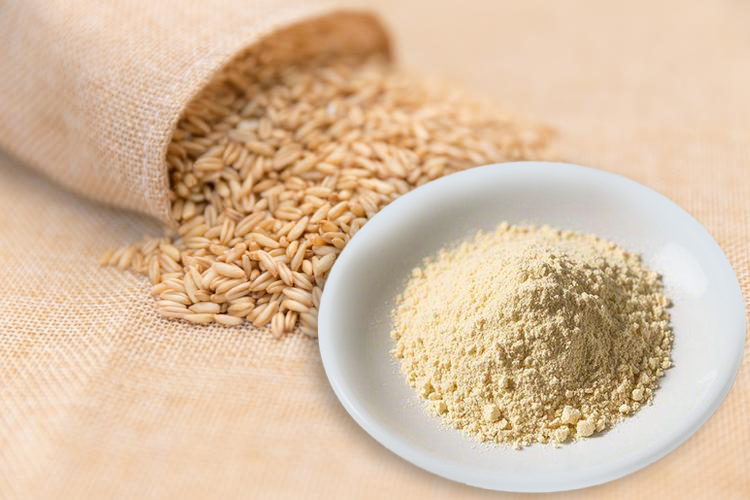Follow Us:

Why Is Rosemary Powder Good For Dogs Fur?
YES. Rosemary can be good for a dog’s fur because it has antimicrobial, antifungal, and insect-repelling properties. You can apply rosemary to your dog’s fur by spraying it with rosemary-infused water or using a product that contains rosemary.

Rosemary Powder: Manufacturing Process
The process of manufacturing rosemary powder involves several careful steps to preserve the plant’s beneficial properties while ensuring it is safe and effective for use in pet care or other applications. Here’s an overview of how to make rosemary powder typically:
1. Sourcing Rosemary
Rosemary powder is derived from the rosemary herb, which is a fragrant, evergreen shrub native to the Mediterranean. The leaves are carefully dried, ground into a fine powder, and then used in various forms such as in shampoos, supplements, or directly applied to the dog’s skin and coat.
2. Harvesting
Rosemary is harvested when the plant is mature, and the leaves are most potent in their essential oils and active compounds. Typically, the leaves are harvested in the morning after the dew has evaporated but before the midday sun has reached its peak, as this ensures the highest concentration of beneficial compounds in the leaves.
3. Cleaning
Once harvested, the rosemary leaves are thoroughly cleaned to remove any dirt, dust, and possible contaminants. This step is essential for ensuring the final product is pure and safe for use, particularly if it’s being used for pet care or culinary purposes.
4. Drying
After cleaning, the rosemary leaves can be done through various methods:
- Air Drying: The leaves are spread out in a well-ventilated space or hung in bunches, allowing air circulation to remove moisture.
- Oven Drying: In some cases, the leaves may be dried using low heat to speed up the process while retaining the plant’s natural oils.
- Freeze-Drying: A more modern method that involves freezing the rosemary and then removing the water content through a vacuum process.
The goal is to dry the rosemary without losing its essential oils, which are responsible for many of its beneficial properties.
5. Grinding
The grinding process can vary depending on the desired texture and intended use. A fine powder is usually preferred for easy incorporation into products like dog shampoos, supplements, or sprays.
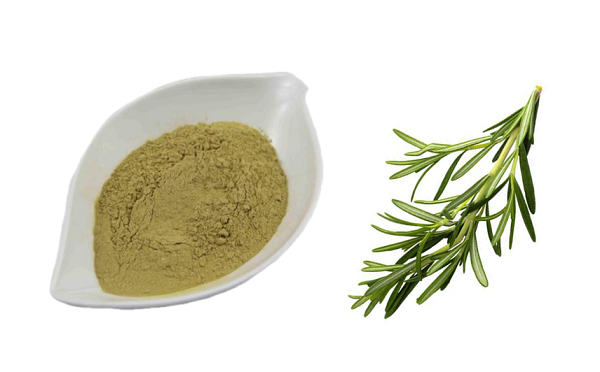
6. Quality Control and Testing
At this stage, the rosemary powder undergoes quality control checks. These tests ensure the powder meets the necessary standards for purity, potency, and safety. Quality control may include testing for:
- Purity: Ensuring there are no contaminants or foreign materials in the powder.
- Potency: Checking the level of active compounds like antioxidants, essential oils, and other beneficial components.
- Microbial Testing: Ensuring the powder is free from harmful bacteria, fungi, or mold.
7. Packaging
Packaging must be air-tight and moisture-resistant to maintain the quality of the powder and extend shelf life.
As a bulk rosemary powder supplier, we are pleased to offer a MOQ of 1kg-500kg, with the flexibility to customize orders based on your specific requirements. Whether you need smaller quantities for research, formulation, or testing, or larger quantities for commercial production, we can accommodate your needs.
Is Rosemary Safe for Dogs?
YES. Rosemary herb powder is generally safe for dogs in small quantities, but you should avoid rosemary essential oils. Rosemary is considered non-toxic by the ASPCA and is classified as “Generally Regarded As Safe” (GRAS) by the FDA.
How to Use Rosemary for Dogs?
There are several ways to use rosemary powder to benefit your dog’s fur:
- Topical Application: Mix rosemary powder with water or a carrier oil (like coconut oil) to create a paste. Massage this paste into your dog’s coat and let it sit for a few minutes before rinsing.
- In Dog Shampoo: Add a small amount of rosemary extract powder to your dog’s regular shampoo to incorporate its benefits into their routine bath.
- Homemade Rosemary Spray: Mix rosemary leaf powder with water and create a homemade spray to spritz onto your dog’s coat. This helps to naturally repel fleas and keep their fur healthy.
- Oral Supplements: Some pet owners opt for rosemary-based supplements that promote overall health and coat condition, though these should always be given with caution and in moderation.
Possible Health Benefits of Rosemary for Dogs
- Antimicrobial: Rosemary can help fight common bacteria and fungi that can grow in food and on your dog’s skin.
- Antioxidant: Rosemary can help eliminate free radicals that can damage cells and cause long-term damage.
- Bug repellent: The scent of rosemary can help repel fleas, ticks, mosquitos, and other insects.
- Digestive aid: Rosemary can help with flatulence and upset stomachs.
- Minor wound treatment: Rosemary can be used to treat minor cuts or burns.
- Infection treatment: Rosemary can help treat infections in the mouth, urinary tract, and digestive tract.

Which Dog Breeds Can Use Shampoo Containing Rosemary?
Most dogs with normal skin and coat conditions can benefit from rosemary shampoo. These include:
- Golden Retrievers
- Labrador Retrievers
- Beagles
- Boxers
- Cocker Spaniels
- Collies
These breeds generally have sturdy, healthy coats and won’t face any significant issues from using rosemary-infused shampoos. Rosemary can enhance their natural shine and help with coat health.
1. Breeds Prone to Skin Conditions:
Some dog breeds are more prone to sensitive skin, allergies, or skin conditions like dermatitis, and they may also benefit from rosemary shampoo, as it has soothing properties. These include:
- Bulldogs (English, French, etc.)
- Shar Peis
- West Highland White Terriers
- Dachshunds
- Chihuahuas
For these breeds, rosemary can help calm skin irritation, but you should ensure that the shampoo doesn’t contain other harsh chemicals that might trigger allergic reactions. Always patch-test first, especially if your dog has a history of allergies or skin sensitivity.
2. Breeds with Long, Thick Coats:
Dogs with long, dense coats can also benefit from rosemary shampoos, as the plant’s natural oils can help promote a glossy finish and control excess shedding. These include:
- Afghan Hounds
- Shih Tzus
- Yorkshire Terriers
- Poodles
- Schnauzers
The conditioning benefits of rosemary can help keep their coats looking shiny and healthy while detangling hair and providing moisture.
3. Special Considerations for Certain Breeds:
Dogs with Epilepsy or Seizures: While rosemary is generally safe for most dogs, it contains a compound called carnosic acid, which can be a mild stimulant. Dogs with epilepsy or seizure disorders should avoid rosemary products, as some experts suggest that rosemary may potentially trigger seizures. If your dog falls into this category, it’s a good idea to consult with your veterinarian before using rosemary-based products.
Puppies or Senior Dogs: If your dog is a very young puppy or an elderly dog, you may want to consult your vet before using any new product, including rosemary shampoo. Puppies have delicate skin, while senior dogs may have sensitive skin or other health issues.
4. How to Use Rosemary Shampoo Safely for Dogs:
- Start Slow: If you’ve never used rosemary shampoo on your dog, start with a small amount to check for any adverse reactions like itching or redness.
- Dilute if Necessary: If you’re concerned about your dog’s skin sensitivity, you can dilute the rosemary shampoo with water before applying it.
- Patch Test: Before using it all over your dog, apply a small amount of shampoo to a small patch of skin to ensure your dog doesn’t have an adverse reaction.
- Consult a Veterinarian: If you’re unsure whether rosemary shampoo is appropriate for your specific dog, it’s always a good idea to ask your veterinarian, particularly if your dog has any existing skin conditions or health issues.
Greenagribio Pet ingredient suppliers are tested by accredited third party labs in the USA to ensure their identity, purity and potency. To receive a copy of these test results or any other, please fill out the COA
*NOTE: These statements have not been evaluated by the Food and Drug Administration. This product is not intended to diagnose, treat, cure or prevent any disease.
Reference:
https://www.rover.com/blog/can-my-dog-eat-rosemary
https://www.dogsnaturallymagazine.com/is-rosemary-good-for-dogs
https://www.medicalnewstoday.com/articles/266370#_noHeaderPrefixedContent
https://www.aspca.org/pet-care/animal-poison-control/toxic-and-non-toxic-plants/rosemary













